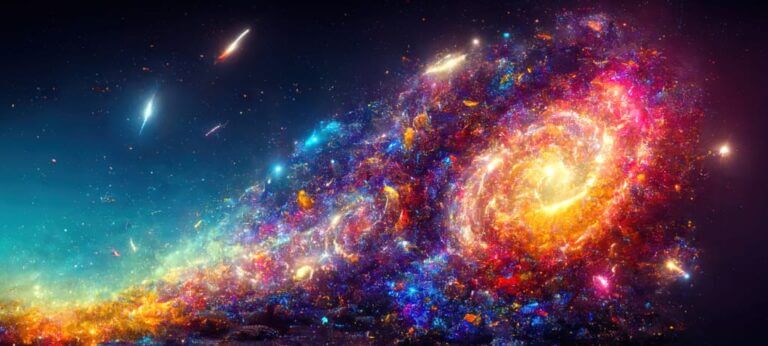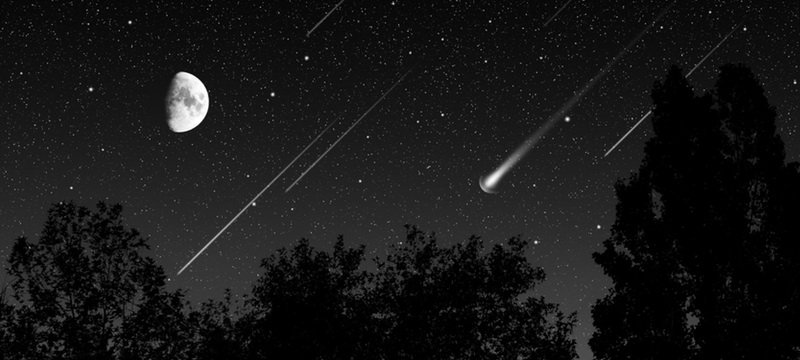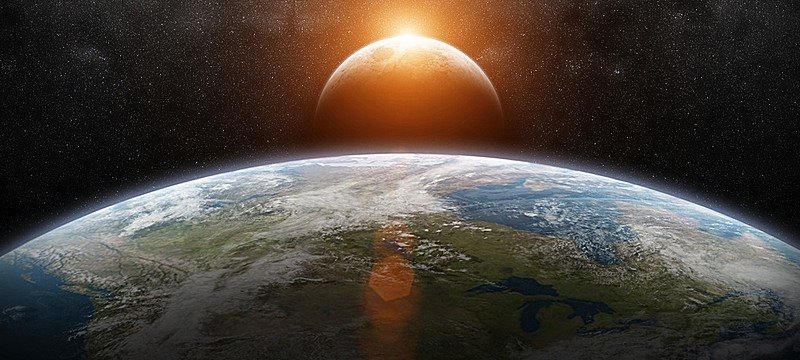15 Mind-Blowing Facts About the Universe You Need to Know
The universe is a vast and fascinating place that we can’t help but feel in awe of. From the smallest particles to the largest galaxies, there’s so much to learn and discover. Here are 15 mind-blowing facts about the universe that will expand your knowledge and inspire you. 1. The universe is estimated to be 13.8 billion years old. Our universe is ancient, and its age is determined by measuring the cosmic microwave background radiation, …





